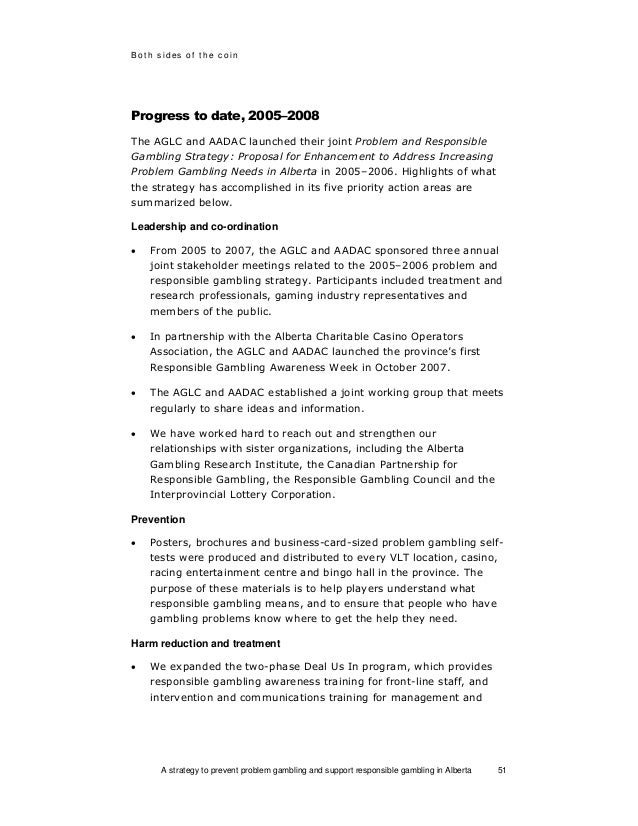Windsor Gambling Treatment Centre

Gordon Moody Association (GMA) has reaffirmed its commitment to support women affected by gambling-related harm by opening the first residential treatment centre for female gamblers in 2021. The centre, which will be the first both in the UK and across the world, will be based in the Midlands and will offer a unique, safe environment to treat. If existing mental health conditions are present, it would be worth inquiring whether the centre specialises in dual-diagnosis. Dual-diagnosis is the presence of mental health conditions and addictions. This often necessitates a specialised treatment plan to treat both disorders simultaneously.

A new UK National Health Service (NHS) backed Primary Care Gambling Service (PCGS) that provides help for adults who have problems related to gambling has opened in London.
Developed and funded by Hurley Group, a NHS general practice (GP) partnership, the PCGS will work with the National Gambling Treatment Service to to help those suffering from gambling related harm.
Dr Clare Gerada will lead the new service, with support from a multidisciplinary team of mental health nurses, general practicioners, treatment practitioners and therapists.
The PCGS worked with charity GamCare to develop an integrated care pathway, and will also provide training to help GPs identify gambling problems in patients.

“There is evidence that many people who have problems related to gambling are in contact with their GP, but don’t necessarily talk about their gambling,” Dr Gerada said.
“We will be exploring how to identify them, and how to help them get access to the treatment that is right for them. We know from other areas of work that people value the option of getting treatment in primary care settings.”
The service will initially focus on South East London – specifically Lambeth, Southwark, Lewisham, Bexley, Bromley and Greenwich – but plans are in place to expand to other boroughs within the coming months.
Windsor Gambling Treatment Centre Surrey
In addition, the PCGS will develop a competency framework for the treatment of gambling problems in primary care, and will set out the skills and experience needed for practitioners in this field. The Royal College of General Practitioners will support the PCGS with the new project.
“We welcome the development of a competency framework for gambling treatment in primary care,” Michael Mulholland, professional development officer lead for the Royal College of General Practicioners, said. “This will help GPs and other primary care workers to develop their skills in treating people who are harmed through gambling.”

Anna van der Gaag, chair of the Advisory Board for Safer Gambling, added: “This new initiative is very significant in expanding the treatment options for people who have experienced harm from gambling and for their families. We want treatment to be as accessible as possible and to remove the barriers that might exist for people seeking help.
Windsor Gambling Treatment Centre Cardiff

“This is one of a number of initiatives that move us to a more joined up approach and I look forward to the lessons we can learn from this work about how we can scale up provision.”
Windsor Gambling Treatment Centre London
The announcement comes after GambleAware earlier today (8 July) also set out a number of new initiatives to help promote its Safer Gambling Campaign and the National Gambling Treatment Service.
Windsor Gambling Treatment Centre Singapore
The funding body's board of trustees also responded to recent calls for changes to the funding of gambling research, education and treatment after questions were raised over the independence of its approach. This saw it look to highlight a lack of industry involvement in determining where it allocates funds, following perceived criticism from a recent report by the House of Lords Gambling Select Committee and a number of leading academics in an open letter to the British Medical Journal.